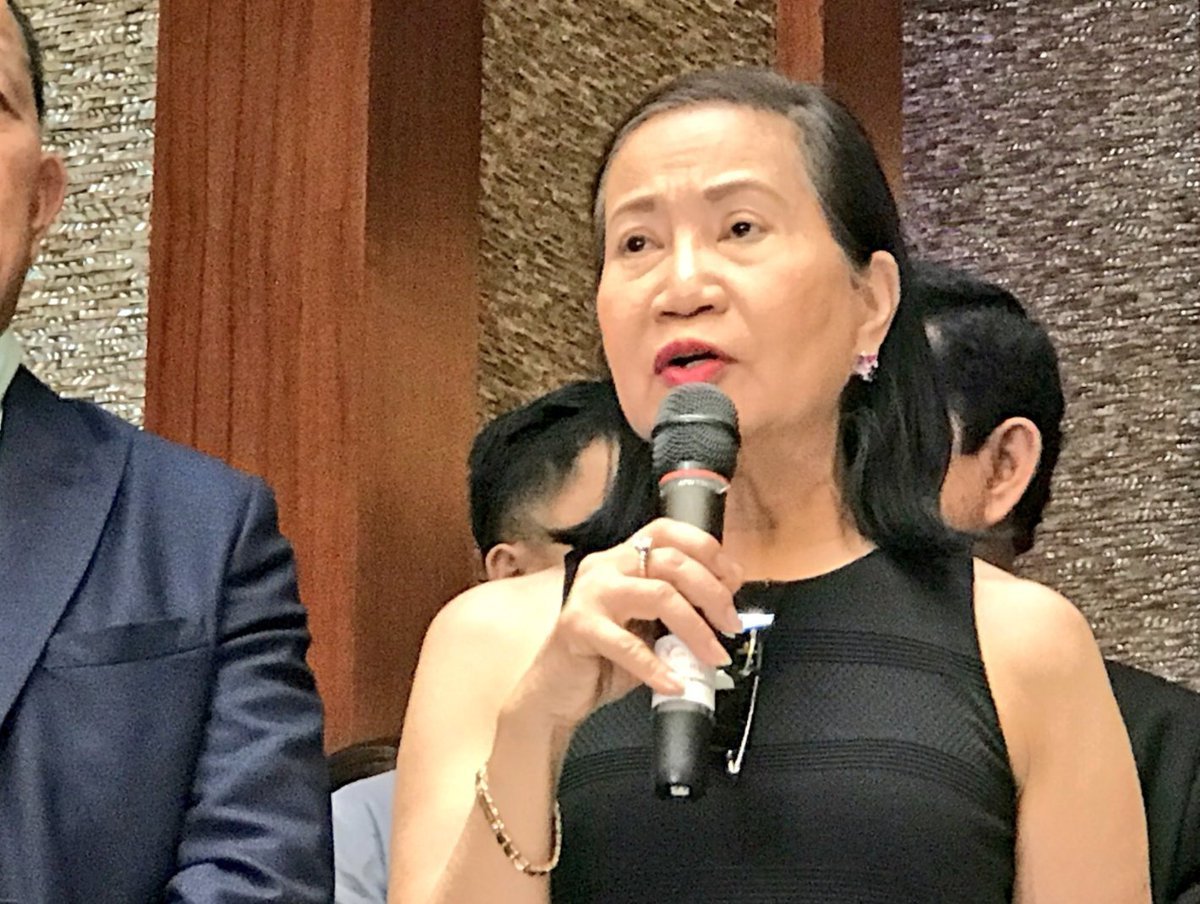Philippine Amusement and Gaming Corp. Praised for Strong AML Commitments
Posted on: January 26, 2022, 09:58h.
Last updated on: January 26, 2022, 01:20h.
The Philippine Amusement and Gaming Corp (PAGCOR) has received a pat on the back. Its attention to anti-money laundering (AML) policies in the country has earned it a commendation from the country’s AML watchdog.

PAGCOR has a lot of activity to manage. It operates several casinos in the Philippines but also oversees most of the country’s operators. In spite of the severe impact of the COVID-19 pandemic, PAGCOR has still attempted to make sure everyone follows the Philippines’ AML rules.
The National Anti-Money Laundering/Combating the Financing of Terrorism Coordinating Committee (NACC) has singled out PAGCOR for its AML efforts. It conducted an online presentation of its commendation, presented to PAGCOR chair and chief executive Andrea Domingo.
[PAGCOR ensures] that the Philippines will not in any way condone any illegal activity that will derail the AMLC’s fight against money laundering for the financing of terrorism,” said PAGCOR chief Andrea Domingo.
The recognition comes only a few days after PAGCOR reiterated its support of local communities. It announced last year that it would spend PHP2 billion (US$39 million) to build evacuation centers across the Philippines. This was in spite of COVID-19-induced economic hardships. Each of the centers costs around PHP50 million ($977,000).
Grey Listing
Several transactions involving the Philippines’ financial sector have been subject to more scrutiny. This is in spite of the fact that no countermeasures were required after the Financial Action Task Force (FATF) placed the country on its “greylist” in June of last year.
When the FATF added the Philippines to its grey list, it required the country to prove that it had made significant progress in tightening AML and counter-terrorism financing (CTF) measures.
At that time, the FATF did not require enhanced due diligence in transactions involving countries under increased surveillance. However, the global watchdog, led by the G-20 countries, encouraged countries to consider information about the weaknesses of these jurisdictions in their risk analyses.
NACC Calls Out the FATF
The NACC stated that Philippine entities have been subject to de-risking and changes in their banking relationships since the inclusion of the country in the FATF’s list of jurisdictions.
The FATF’s International Cooperation Review Group’s (ICRG) procedures state that countries are only allowed to use appropriate countermeasures when requested by the watchdog. However, NACC stated that the reports show clearly that the FATF is stretching its authority.
These include requiring financial institutions to use certain elements of enhanced diligence. They also obligate the institutions to review, amend, or terminate correspondent relationships.
The Philippines was on the FATF’s blacklist from 2000 to 2005. During that period, the country began working on policies to improve its image.
Even before falling on the grey list last year, it had introduced new amendments to its AML Act. These were designed to specifically counter the FATF’s scrutiny. Moreover, it has continued to reinforce those policies through the new year.
Related News Articles
Suncity CEO Alvin Chau Warrant: World’s Biggest Junket Boss Faces China Arrest
Most Popular
IGT Discloses Cybersecurity Incident, Financial Impact Not Clear
Sphere Threat Prompts Dolan to End Oak View Agreement
This Pizza & Wings Costs $653 at Allegiant VIP Box in Vegas!
MGM Springfield Casino Evacuated Following Weekend Blaze
Most Commented
-
VEGAS MYTHS RE-BUSTED: Casinos Pump in Extra Oxygen
— November 15, 2024 — 4 Comments -
VEGAS MYTHS RE-BUSTED: The Final Resting Place of Whiskey Pete
— October 25, 2024 — 3 Comments -
Chukchansi Gold Casino Hit with Protests Against Disenrollment
— October 21, 2024 — 3 Comments
















No comments yet